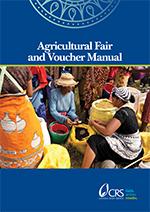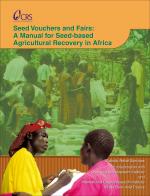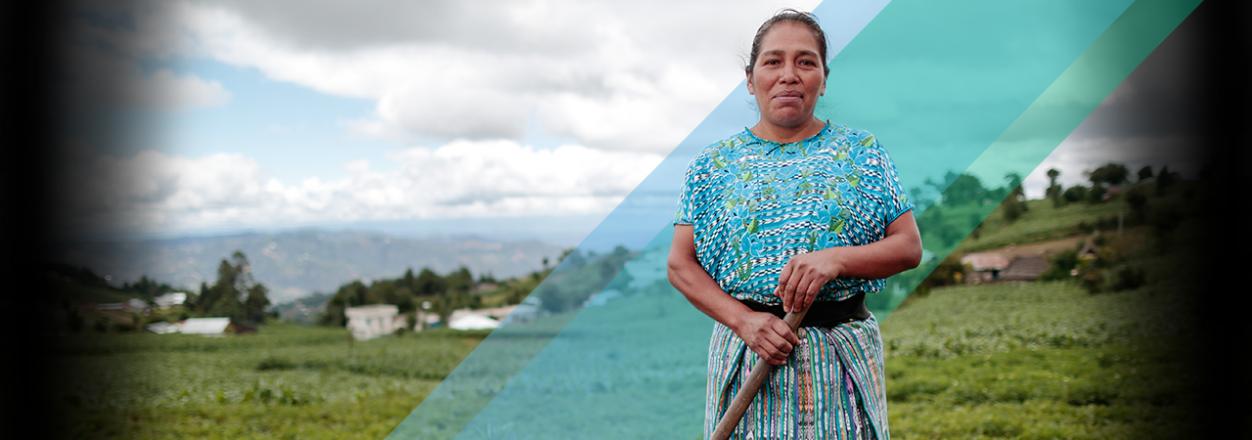About Recovery and Seed System Development
WHAT WE DO
"Recover" is the first level of CRS’ Pathway to Prosperity. At this level, we help farmers and communities preserve at least a minimum of their household assets, which they use to bounce back and “build back better” after a disaster or in the face of chronic stresses rooted in deep poverty and low resource bases. We help smallholder farmers stabilize their situation.
We work in close partnership with local organizations and communities to strengthen seed systems, promote nutrition, build assets and improve household decision making. We take into account the different needs of disaster-affected and chronically poor farmers, including women, men, youth and the elderly, while creating a foundation for lasting change. A key is to help farmers engage effectively in markets without taking on additional risk. This work supports a transition from relief to development.
OUR APPROACH
Our approach is to help smallholder farmers and communities transition from relief and safety net programs to durable development options through:
-
Food security and seed security: Food security and seed security are distinct issues that require different types of responses. We use seed-security assessments and food-security assessments to ensure that we understand communities’ needs. When disaster strikes, we help communities get access to adapted seed, nutritious food and basic household needs while promoting the local economy. Through seedsystem.org, for example, we’ve created and promoted other practical strategies and guidance for productive, resilient and market-oriented systems.
-
Agriculture and nutrition: CRS integrates agriculture and nutrition programming to promote better health and stronger livelihoods. Through our innovative voucher and fair initiatives called DiNER (Diversity and Nutrition for Enhanced Resilience), we link communities to local suppliers of diverse planting material while providing practical information about nutrition. We also promote on-farm storage for seed and grain, and we are partnering with local organizations to develop business models that bring agricultural efforts to scale.
-
Assets and purchasing power: To better ensure that farmers can support their families and businesses, we help farmers organize themselves into savings groups. The groups enable participants to lend to each other, repay the loans and access lump sums of cash at the end of each savings cycle to purchase agricultural inputs. Our market-based Private Service Provider (PSP) approach offers a highly sustainable way for savings groups to continue investing without additional donor subsidies. The PSPs are locals who have been selected and trained by CRS in different skill sets who then provide services to their community members at a fee. We also work through microfinance associations and their member institutions to offer a range of financial services to farmers and communities, creating a sustainable financial base for agricultural development.
-
Better household decisions: We originally designed our Faithful House curriculum to reduce the spread of HIV by strengthening couples’ relationships. But by addressing the root causes of unfaithfulness in marriage, we’ve also helped families to make more equitable decisions, including about spending income or allotting agricultural land.
Research & Publications
-
Manuals
Agricultural Fair and Voucher Manual

This manual provides the technical and operational knowledge for planning, implementing, monitoring and evaluating agriculture voucher fairs. The manual covers various types of agricultural fair and voucher programs including Seed and Voucher Fairs or SV&F, Diversity for Nutrition and Enhanced Resilience or DiNER fairs, livelihood fairs, More
-
Manuals
Seed Vouchers and Fairs
A Manual for Seed-Based Agricultural Recovery in Africa

This manual describes an approach to postemergency seed distribution in Africa in which farmers receive vouchers that can be exchanged for seed at specially organized seed fairs. More


